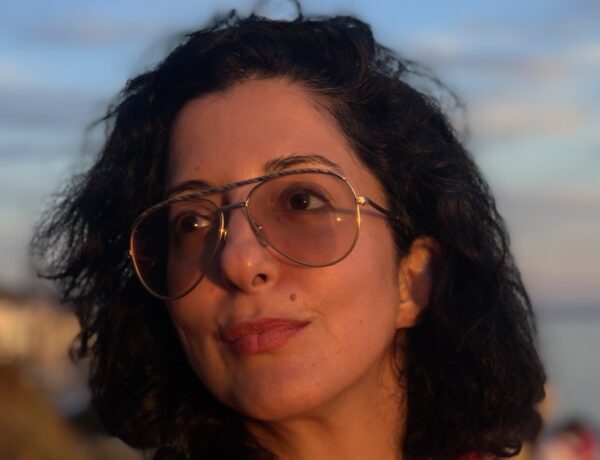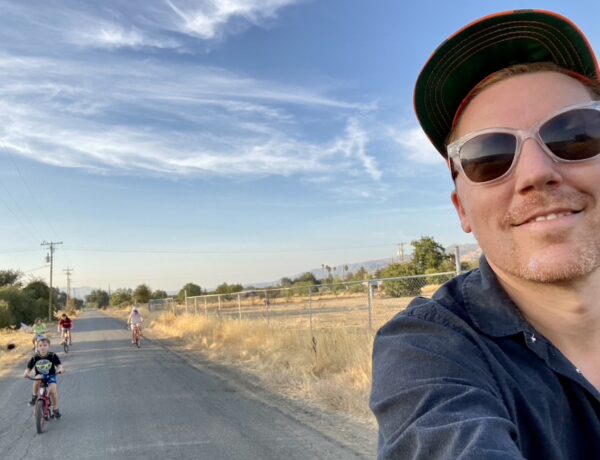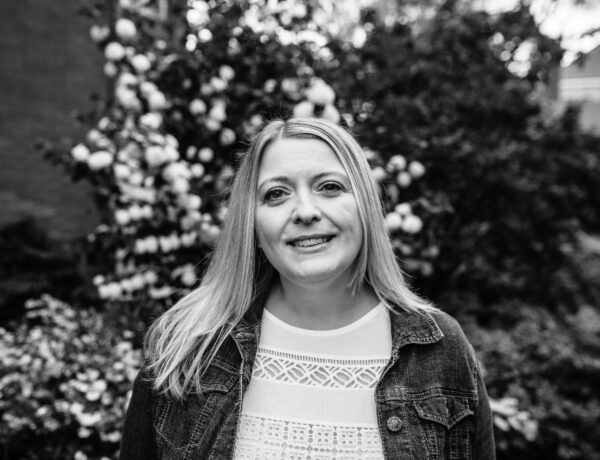Jess Row is the author of two collections of short stories, The Train to Lo Wu and Nobody Ever Gets Lost, a novel, Your Face in Mine, and a collection of essays, White Flights: Race, Fiction, and the American Imagination.
His fiction has appeared in The New Yorker, The Atlantic, Tin House, Conjunctions, Ploughshares, Granta, n+1, and elsewhere, has been anthologized three times in The Best American Short Stories, and has won two Pushcart Prizes and a PEN/O. Henry Award.
Jess has received a Guggenheim fellowship, an NEA fellowship in fiction, a Whiting Writers Award, and a Whiting Creative Nonfiction Grant. In 2007, he was named a “Best Young American Novelist” by Granta. His nonfiction and criticism appear often in The New Yorker, The New Republic, The New York Times Book Review, Bookforum, Threepenny Review, and Boston Review, among other venues.
He directs the undergraduate creative writing program in the Department of English at NYU and is an ordained senior dharma teacher in the Kwan Um School of Zen. He lives in New York City and Plainfield, Vermont.
Jess’ new novel, The New Earth, a globe-spanning epic novel about a fractured New York family reckoning with the harms of the past and confronting humanity’s uncertain future, will be coming out next spring.
Each week, we publish a new daily writing routine from a famous author. Subscribe to our newsletter so you don’t miss out!
Hey Jess, great to have you here with us today. Let’s get right into it, can you take us through the creative process behind your 2019 book, White Flights?
White Flights grew out of a series of essays and reviews about race and fiction I’d written from about 2009-2013, in the years I was writing my novel Your Face in Mine. Sort of on a whim, I compiled them together and submitted them for the Graywolf Nonfiction Prize in the spring of 2014, and then Fiona Mccrae from Graywolf called me and said that while I hadn’t won the prize, she was still interested in the book.
It was the first time I’d ever written a book-length work of nonfiction, and I really didn’t know how to do it. I learned to approach it as a meditative process, where a question I posed grew and grew and required new levels of research and reading as it took on new layers. I didn’t expect that it would take nearly as long as it did. In my present nonfiction book I’m working on, On Being Short, the process is working out the same way. But this time I’m not surprised.
In addition to writing, you also direct the undergraduate creative writing program in the Department of English at NYU. Does this role impact on your own writing in other ways besides time? For instance, does teaching fuel or inspire your own work?
I’ve been a teacher of creative writing (mostly to undergrads, but plenty of graduate students too) for nearly 25 years, basically since I graduated college myself. Like every writer who’s also a full time teacher, I have a complex relationship with teaching. In one sense, it’s a huge investment of time and energy that doesn’t go to your own work. But it’s also a way of forming deep communities, deep bonds, with people who are trying to learn how to be artists.
And, of course, it’s how I support myself and my family. Most of the time, I’m able to fully embrace teaching and love it. The other aspect of teaching, though, is that it’s not just what you do with students in the classroom; it means belonging to an institution that has its own protocols and hierarchies and also makes huge demands on your time. That’s the most difficult part—not teaching per se, but being an academic, which means (to be honest) contending with problematic, dysfunctional institutions that are permanently in crisis.
What does a typical writing day look like for you?
Because I have a full-time teaching job and a family, I have to protect my writing time carefully. I try to designate certain days during the week where I have a 3-4 hour block of time with nothing else going on, because that’s as long as I can write in a day.
I write in the mornings, primarily, from around 9am to 1pm, and then sometimes come back in the afternoon if there’s nothing else going on. But it’s always a struggle, because there’s no end to the tasks a household and family and job requires! I could easily spend all my time doing things OTHER than writing.
In terms of the other details of my writing routine: I use a large monitor rather than staring at a laptop screen, because it’s better for my eyes and posture. I’m always surprised at the number of writers who work on laptops. Monitors are relatively inexpensive—it’s worth the investment! And I always listen to music while working. I’m a huge jazz fan, and I have playlists of thousands of songs that I can shuffle for hours or even days without playing anything twice.
Keith Jarrett is one musician who’s a constant companion of mine, because his solos are long—a single song might take fifteen or even twenty minutes. That helps focus my attention. I tend to like improvisers who are consistent and subtle while I’m working: Paul Desmond, Lee Konitz, Jim Hall, Bill Evans, Brad Mehldau.

Do you have a target word count that you like to hit each day?
No, but of course I have word counts in mind for a project, so I do pay attention to those. Just not on a day-to-day basis.
How did the COVID-19 pandemic and lockdowns affect your routine?
I was very lucky to be on leave during the spring 2020 semester, so I didn’t have to transition abruptly to online teaching; instead I spent that time working intensively on finishing my novel, The New Earth (forthcoming from Ecco in March 2023). But that was really only possible because my kids were old enough to manage online school without an enormous amount of help. If they had been younger, or if my partner hadn’t also been on leave, I wouldn’t have been able to work at all.
I’ve always been very consistent about my routine, and thankfully that stayed the case throughout the early phase of the pandemic. Writing (when I’m in the middle of working on a book) is a real anchor for me, psychologically. Publishing, once the book is done, is much more stressful!
What does your writing workspace look like?
I’m very fortunate to have two permanent workspaces, one in my apartment in New York (which is tiny) and one in my house in Vermont, which is much larger. The crucial aspect for me is that I always have to be facing a window. I can’t work facing a wall. I need speakers and headphones for listening to music, and I need to have a place for a tea cup that avoids spilling on my computer (every writer probably has a disastrous story about spilling hot liquid on a computer, and mine is really bad).
Another bit of advice I would give is that multiple backup systems are crucial. I use Time Machine (backed up to an external hard disk) and Dropbox. Never trust the cloud, and never trust external disks, and never assume your computer’s hard disk can be recovered. Redundant systems are crucial.
Before you go…
Each week, we spend hours upon hours researching and writing about famous authors and their daily writing routines. It’s a lot of work, but we do it out of our love for books and learning about these authors’ creative process, and we certainly don’t expect anything in return. However, if you’re enjoying these profiles each week, and would like to send something our way, feel free to buy us a coffee!



No Comments